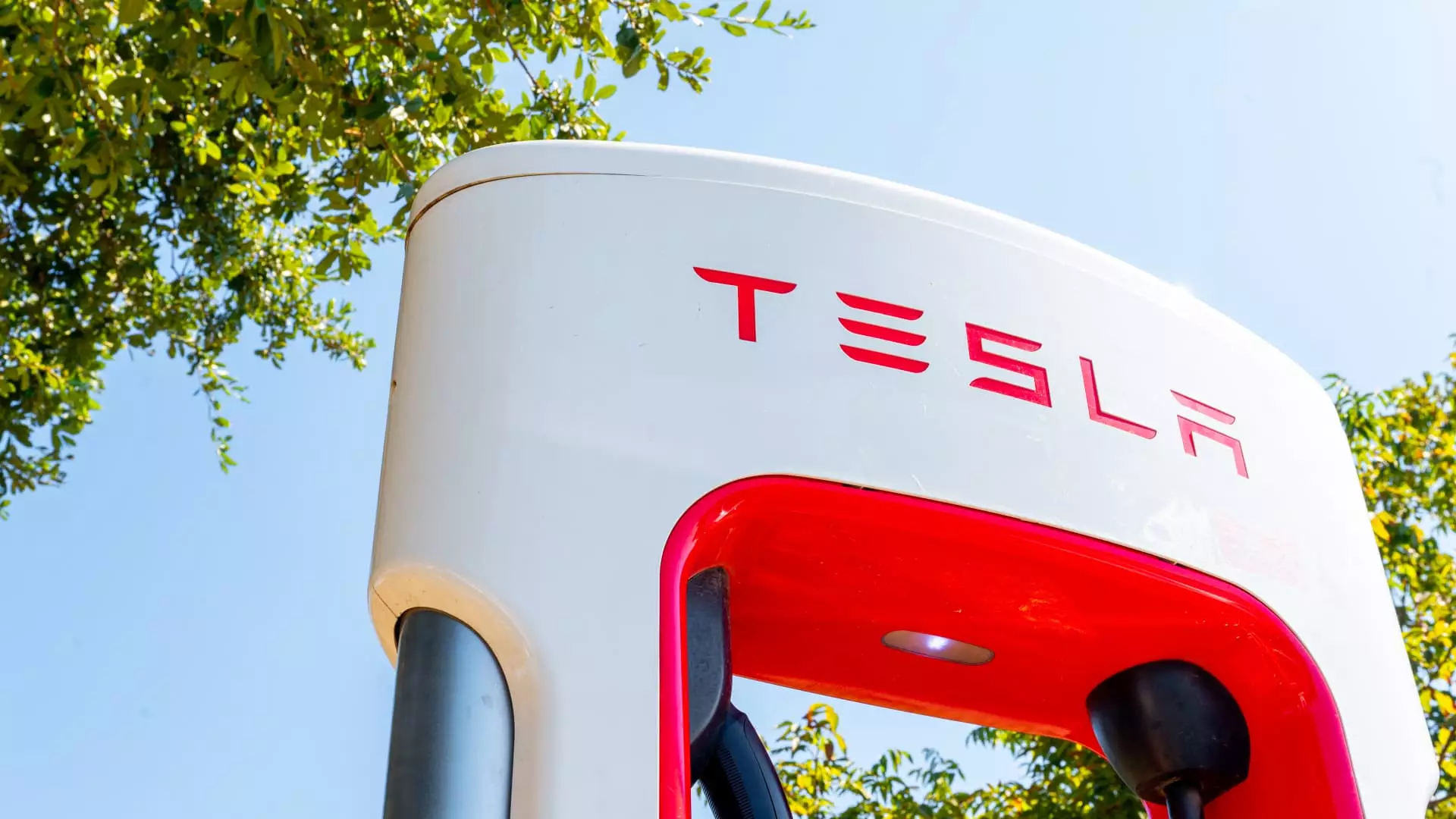The tragic death of Genesis Giovanni Mendoza-Martinez while driving a Tesla Model S in Walnut Creek, California, has brought to light serious legal and ethical questions about Tesla’s Autopilot technology. In October 2023, the Mendoza family filed a lawsuit against Tesla, alleging “fraudulent misrepresentation” regarding the capabilities of its Autopilot system, claiming that the company’s misleading marketing contributed to the accident. The incident that led to this lawsuit involved a frontal collision with a parked fire truck, raising significant concerns about the reliability and safety of automated driving technologies.
As per the family’s legal claim, Genesis was utilizing Autopilot, a partially automated driving system, at the time of the crash. His brother, who was riding in the car, suffered severe injuries. This legal action was not only a response to the tragic loss of life but also a broader critique of how Tesla promotes its self-driving features. By moving the case from state to federal court, Tesla has shifted the battleground—where plaintiffs generally face more daunting challenges to prove claims of fraud, thereby highlighting the complexity of navigating modern automotive technology and consumer safety.
The shift to federal court presents a significant legal hurdle for the Mendoza family. Historically, plaintiffs in federal courts must demonstrate their claims with a higher level of rigor compared to state courts. This demonstrates Tesla’s burgeoning legal strategy as it faces increased scrutiny over its Autopilot claims. Tesla’s attorneys argue that the driver’s own negligence—and not the alleged misrepresentation—was a substantial cause of the accident. They assert that their vehicles are designed with a reasonable level of safety in accordance with existing federal and state automotive regulations.
The argument shifts attention toward the personal responsibility of the driver while simultaneously raising questions about the extent to which automated systems can actually be trusted. This case underscores a broader dilemma: as companies churn out advanced technologies promising unparalleled safety, the stakes become ever higher when such promises are put to the test in real-world situations.
While this legal battle unfolds, it coincides with ongoing investigations by the National Highway Traffic Safety Administration (NHTSA) into Tesla’s Autopilot system. The NHTSA is examining multiple incidents in which Tesla vehicles equipped with Autopilot have been involved in crashes. This includes whether the remedies implemented—predominantly through over-the-air software updates—have effectively mitigated risks associated with driving near stationary emergency vehicles.
The lack of conclusive findings regarding the safety and efficacy of Tesla’s self-driving capabilities raises significant questions about regulatory oversight and consumer protection in the rapidly evolving domain of autonomous vehicles. Furthermore, the California Department of Motor Vehicles’ legal claims against Tesla for false advertising only add to the mounting pressure on the automaker to substantiate its marketing claims.
Market competitors have entered the arena with significant advancements in autonomous driving technology. Companies like Waymo and others have already rolled out commercial robotaxi services, contrasting with Tesla’s continued promotion of its Autopilot system. This disparity raises pointed questions about Tesla’s commitment to achieving true autonomy and the reliance on Tesla’s branding strategy to boost its market share.
Elon Musk’s assertions about the capabilities of Tesla vehicles, often shared with his substantial social media following, further complicate matters. While he presents an optimistic future where Tesla vehicles operate without human intervention, the reality remains that fully autonomous driving technology is still in development and far from being robustly implemented in the ways Musk has suggested.
As the legal proceedings against Tesla evolve, the ethical implications surrounding its marketing practices and product safety commitments must be scrutinized. The combination of consumer enthusiasm for innovative technology and the inherent risks associated with self-driving systems creates a precarious balance. Tesla is at a crossroads, where the stakes are not just financial but profoundly human. Safety should take precedence over aggressive marketing.
The Mendoza family’s case might serve as a critical turning point in the ongoing conversation about the future of self-driving technology. Ultimately, the legal resolution could redefine not only Tesla’s operational practices but also the broader boundaries of responsibility and professionalism within the autonomous vehicle industry. Manufacturers need to ensure that their messaging aligns with the actual capabilities of their technologies, prioritizing transparency and consumer safety.

